Master Your CRM: The Ultimate Salesforce Health Plan for 2025
Salesforce Health Cloud has become an effective healthcare CRM platform, seamlessly integrating patient data while enhancing care team collaboration,...
4 min read
 Jimmy Pomella
:
Oct 25, 2024 3:34:57 PM
Jimmy Pomella
:
Oct 25, 2024 3:34:57 PM
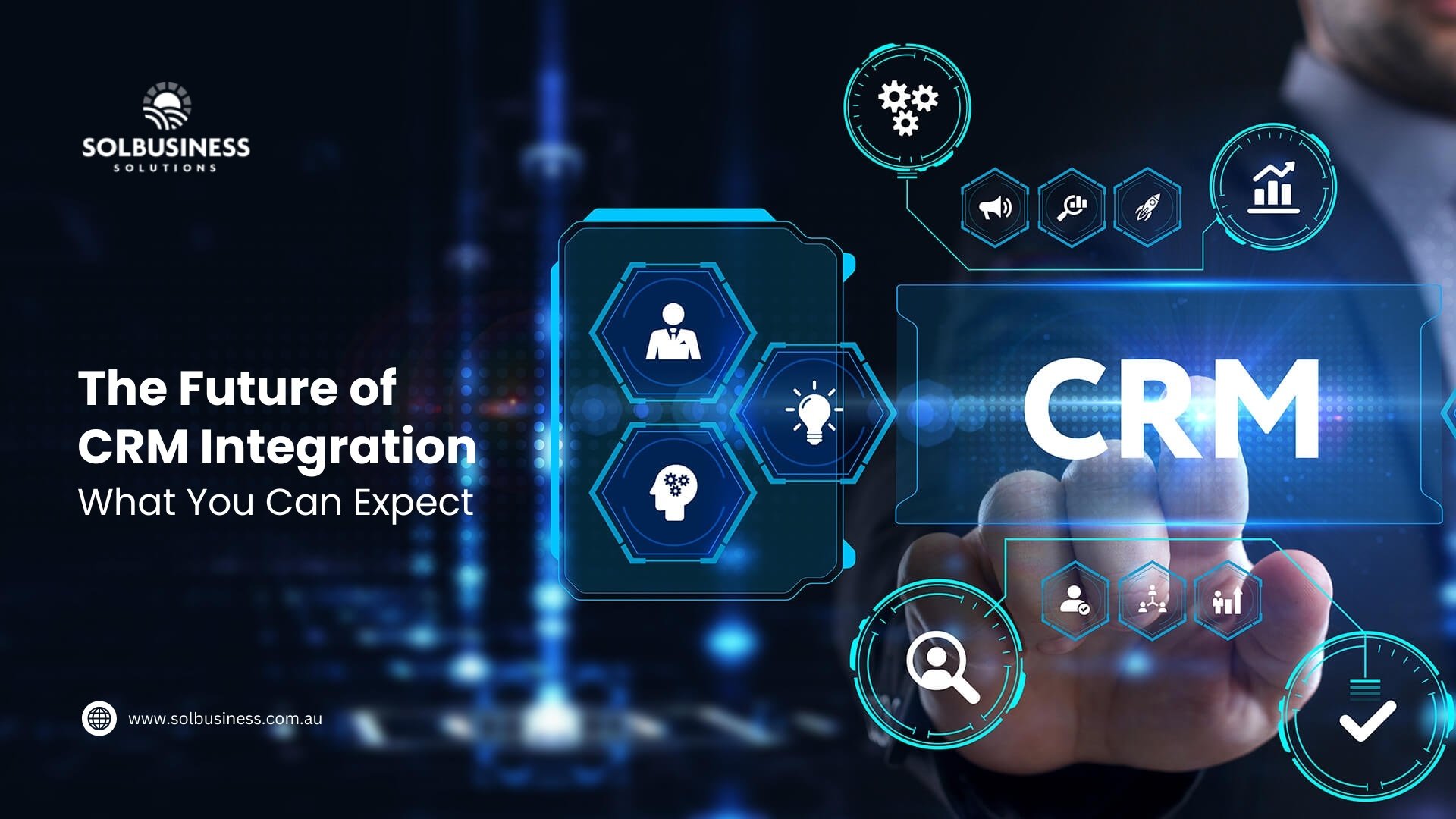
When it comes to business, we admire the idea that companies can improve their chances of success by forecasting the future of customer relationship management. CRM Integration Systems are frequently the primary focus of an employer's infrastructure. Business owners may prepare for the future by staying abreast of the most recent developments and opportunities in the CRM era.
Today, we'll examine the CRM software possibilities for the future that offer its ever-increasing abilities.
Artificial Intelligence (AI) is already making waves in the CRM area, but its function in shaping the future of CRM integration is about to grow exponentially. AI will improve automation capabilities, enabling companies to automate repetitive tasks, do more efficient data analysis, and even forecast customer behavior.
Predictive Analytics: CRMs with AI capabilities will examine past client data to forecast future qualities. This can help sales teams determine the demands of their customers, make better product suggestions, and target the appropriate clients with tailored marketing.
Automated Responses: Chatbots and digital assistants are becoming even more sophisticated, permitting companies to reply to client inquiries 24/7 without human intervention. AI can also prioritize leads primarily based on their likelihood to transform, ensuring sales teams focus on high-capacity prospects.
Natural Language Processing (NLP): With improvements in NLP, CRM structures could research client interactions in real time, detecting sentiment, key subjects, and ability issues. This can result in proactive engagement strategies that enhance consumer pride.
More smooth connections between CRM platforms and various company tools will be seen in the future of CRM implementation. CRMs will not only operate in silos but rather as the essential core of a larger program environment, providing a consistent image of the customer across multiple touchpoints.
ERP Integration: Businesses will increasingly combine their CRM structures with Enterprise Resource Planning (ERP) tools. This will provide a more comprehensive view of client statistics, combining sales, customer support, and operational facts. For example, a sales team could have visibility into product availability and order success, which will lead to more accurate communications with clients.
Marketing Automation Tools: CRM systems will continue to evolve along with marketing automation systems, allowing more personalized and powerful marketing campaigns. By integrating these systems, businesses can target clients with applicable content based totally on their conduct and interactions with the employer.
E-commerce and Payment Platforms: Integrating CRM structures with e-commerce systems and charge gateways will create a seamless customer experience. This will help businesses to track customer purchases, expect future buying behavior, and provide personalized discounts or product guidelines.
As organizations search for more flexibility in their CRM solutions, the demand for low-code and no-code structures is growing. These structures permit customers to customize and combine their CRM systems without requiring extensive technical information.
Customizable Workflows: Low-code/no-code CRMs will allow customers to create and alter workflows tailor-made to their precise business approaches. This will help groups respond to changing marketplace situations without relying on IT groups for complex configurations.
Faster Deployment: The ease of use supplied by low-code/no-code systems will lessen the time it takes to enforce and integrate CRM systems. Businesses might be able to adapt their CRM solutions to satisfy evolving needs quickly, ensuring they continue to be agile in an aggressive landscape.
Cost Efficiency: By reducing the need for custom coding, low-code/no-code structures can help agencies save on development charges while still providing a high level of customization. This will make superior CRM solutions available to smaller businesses with restricted assets.
With data privacy regulations becoming extra stringent globally, CRM systems of the future will want to prioritize information safety and compliance. By considering CRM consulting, you can ensure your CRM structures meet local and worldwide regulations, GDPR, and CCPA to avoid hefty fines and reputational damage.
Data Encryption and Anonymization: Better encryption methods will be used in future CRM integrations to safeguard buyer information at every stage of its lifetime. Touchy record anonymization is becoming more widespread, guaranteeing that personally identifiable information (PII) is protected.
Consent Management: CRM will include built-in consent control tools, making obtaining client consent for record series and marketing sports easier for agencies. This will ensure compliance with privacy rules and enhance customer transparency.
Data Access Controls: Multi-factor authentication (MFA) and role-based access controls will become common features in CRM systems. Due to these precautions, only authorized staff will be able to view or alter sensitive customer data.
Future CRM integration can be influenced by the growing popularity of mobile devices. CRM systems should have strong cell skills as more workers work remotely so that teams can access vital customer data from any location.
Mobile CRM Apps: Mobile-first CRM solutions will provide full capability on smartphones and drugs, permitting income and customer service teams to live connected and responsive, even if they’re on the flow.
Real-Time Notifications: Mobile CRM systems will send real-time notifications to personnel, alerting them to vital purchaser updates, upcoming meetings, or urgent requests. This will enable quicker reaction instances and greater green customer service.
Offline Access: Offline admission to CRM facts becomes a well-known function, ensuring employees can keep running even if they’re in regions with limited or no net connectivity. Once they regain entry, the system will automatically sync with the critical CRM platform.
Cloud-based CRM systems will continue to dominate the marketplace, offering organizations greater scalability, flexibility, and access to the latest functions. The shift to cloud solutions will enable corporations to expand their operations without the limitations of on-premise infrastructure.
Scalability: Cloud-primarily based CRMs can scale up or down based on business desires. As businesses develop, they can easily upload more users or integrate extra tools without huge hardware investments.
Global Accessibility: Cloud CRM systems permit personnel to access purchaser information from anywhere worldwide, making it easier for international teams to collaborate and share facts in real-time.
Cost-Effective: Cloud CRM solutions' subscription-primarily based pricing model reduces fees prematurely, making it less complicated for companies to spend money on advanced CRM technology without a large capital outlay.
From AI-driven automation to smooth online research, the future of CRM integration holds significant advancements that will completely transform how businesses handle customer interactions. We hope that this guide will provide you with valuable insights into what comes ahead. Get in touch with SOL Business Solutions for additional details and to stay on the cutting edge of CRM innovation!
Ans: CRM integration refers to connecting a CRM system with other business tools, such as email platforms, ERP structures, or advertising and marketing automation gear. It’s critical because it creates a unified records environment, improving collaboration, streamlining processes, and enhancing customer experiences.
How will AI impact the destiny of CRM?
Ans: AI will revolutionize CRM by automating tasks like lead prioritization, customer service, and data evaluation. It can even permit predictive analytics, allowing companies to anticipate customer needs and offer more personalized services.
Is cloud-based CRM higher than on-premise CRM?
Ans: Cloud-based CRM is typically more scalable, flexible, and accessible than on-premise solutions. It allows organizations to quickly adapt to changes, lessen infrastructure costs, and permit worldwide collaboration.
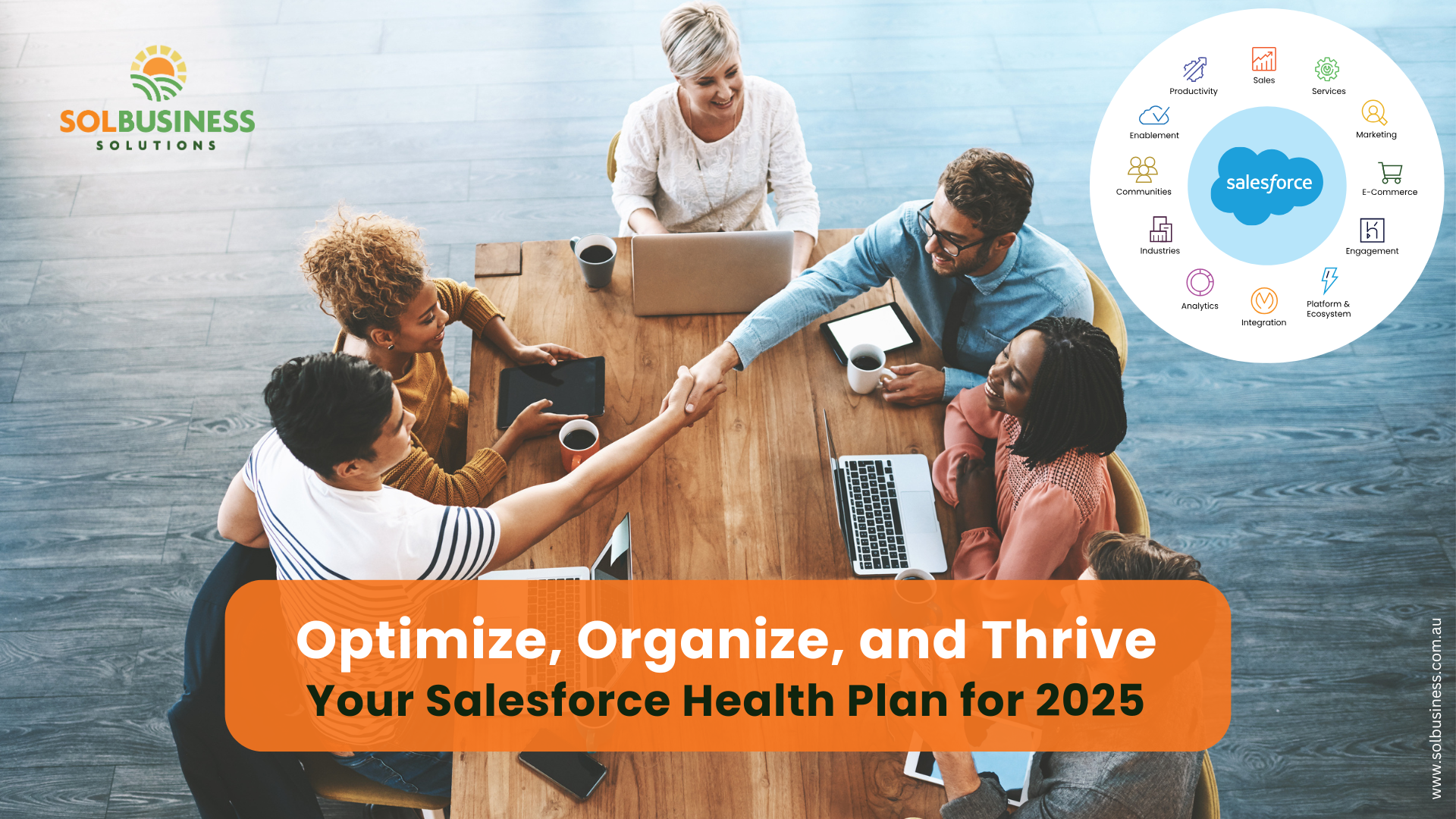
Salesforce Health Cloud has become an effective healthcare CRM platform, seamlessly integrating patient data while enhancing care team collaboration,...
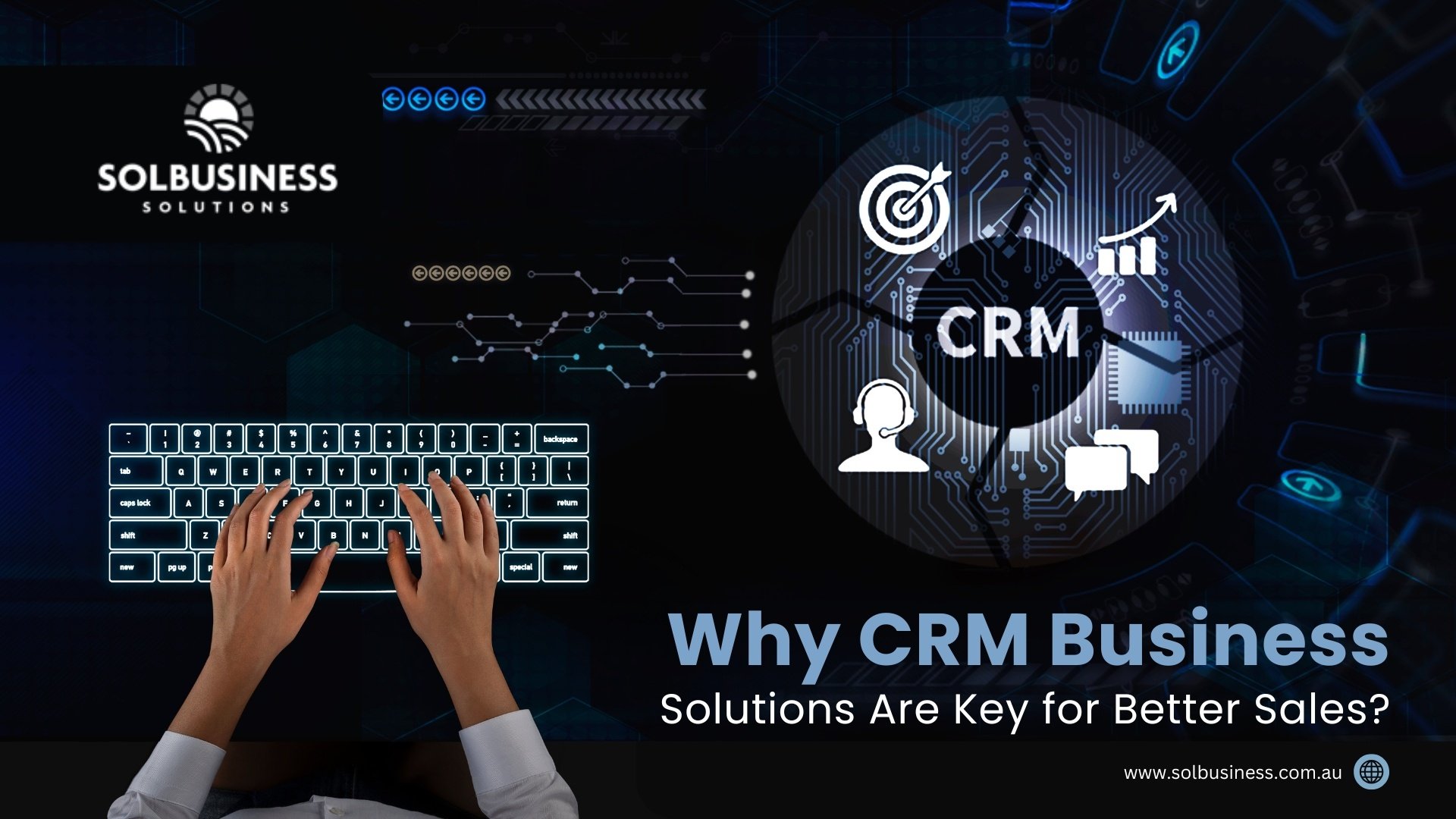
Imagine a world in which every interaction with your clients is smooth, your sales team is always aware of the next excellent step, and your...
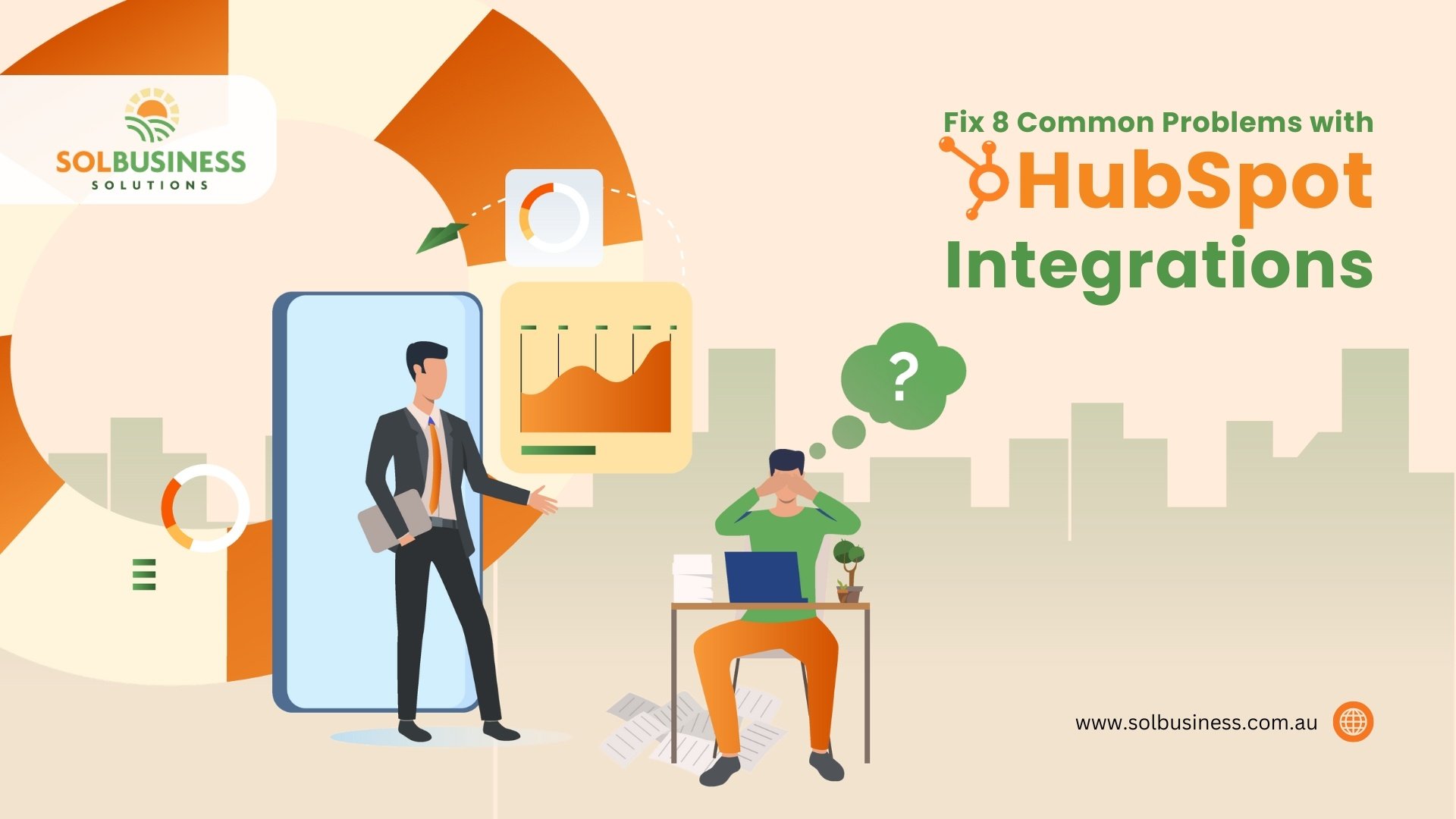
HubSpot integrations can supercharge your marketing, sales, and customer service efforts by connecting your tools and creating seamless workflows....
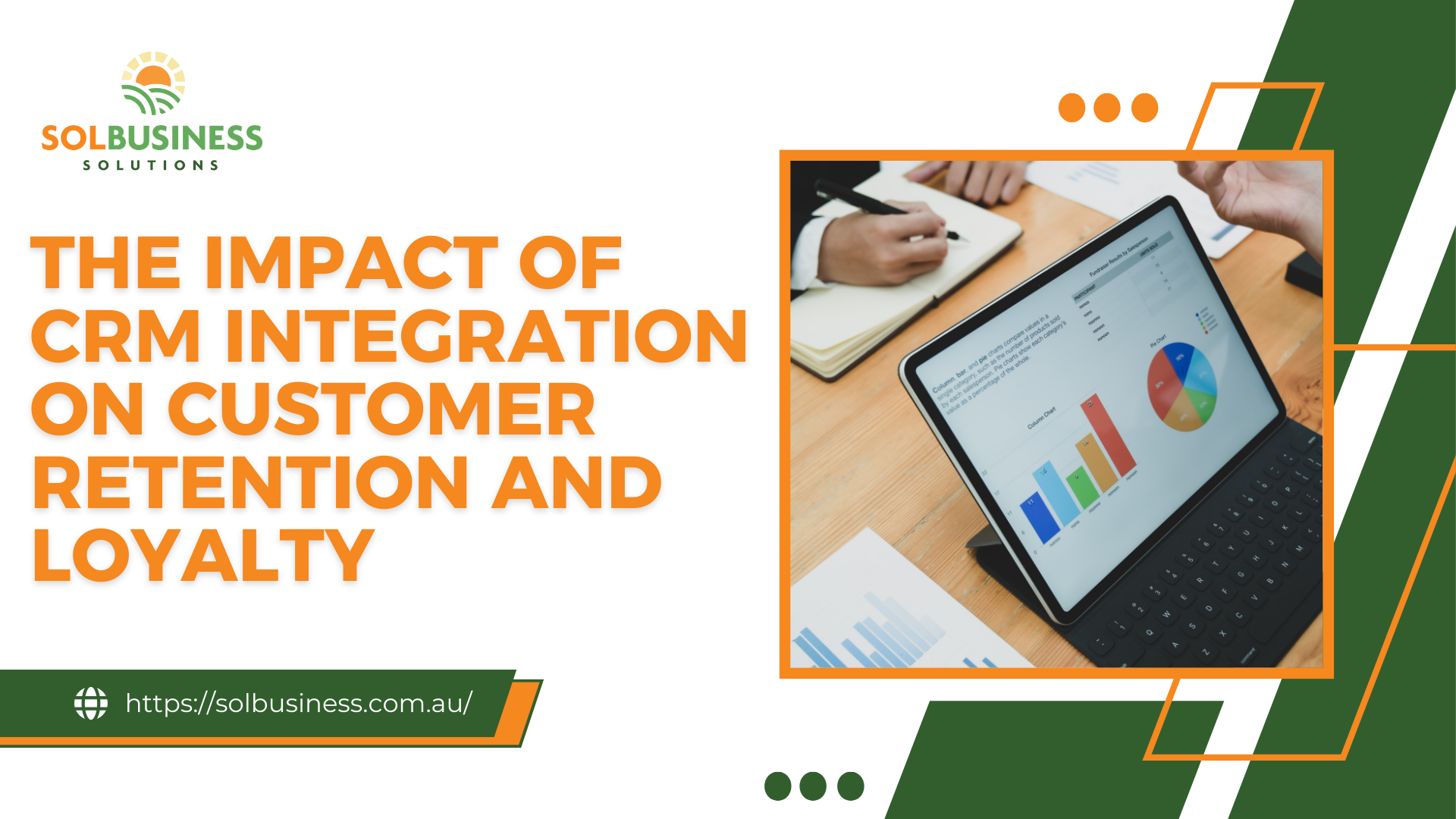
4 min read
In this modernized and highly competitive business landscape, customer retention and loyalty are the most critical factors for optimal success....
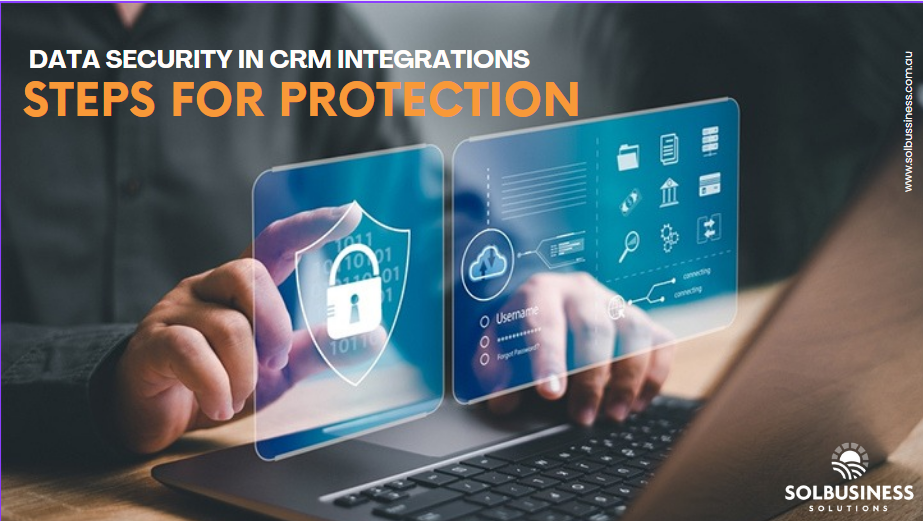
5 min read
Customer Relationship Management (CRM) systems have become essential for corporations looking to streamline their operations, enhance customer...
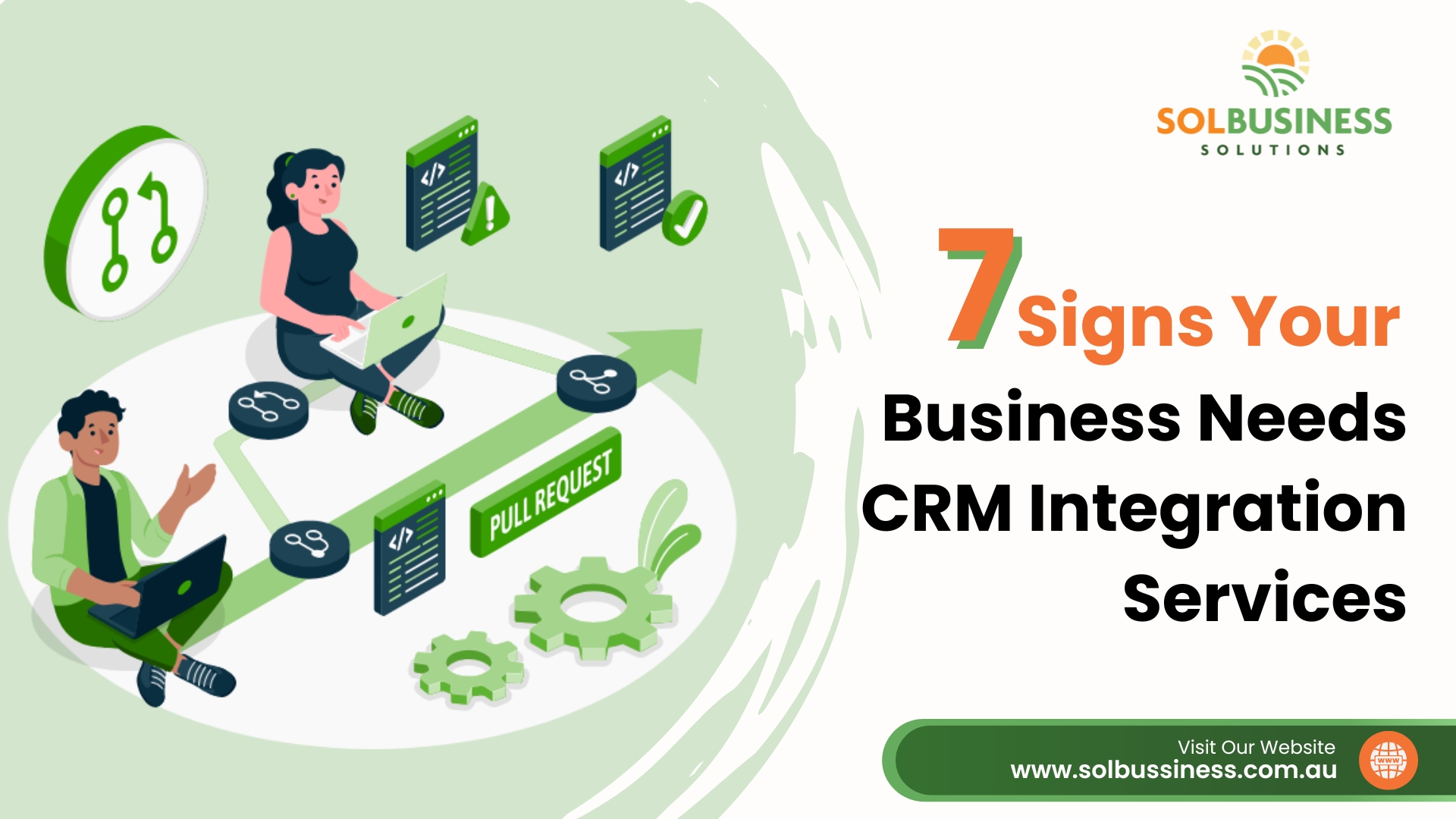
4 min read
Nowadays, most small—to medium-scale businesses ignore the need for CRM integration. They thought they could solely manage the business with manual...